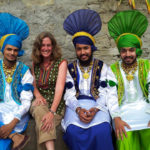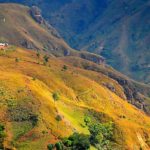In Conversation with Jenny D. Williams, Author of ‘The Atlas of Forgotten Places’
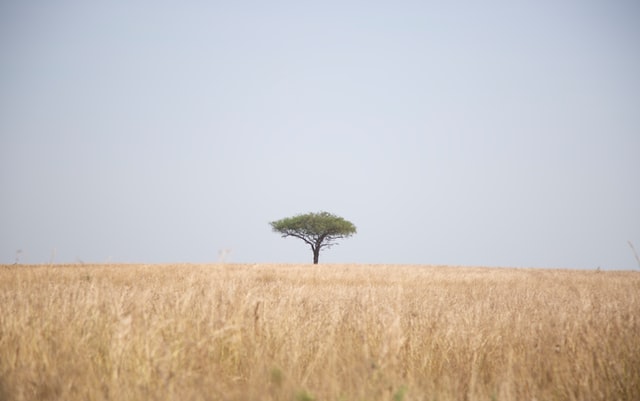
“With her eyes closed in the blackness, Rose thought of other things. The rhythmic scratching of a thatched broom across a dusty dye-kal; the smell of simmering stew; the pearl of laughter in a schoolyard at break. Memories from before, when life was uncomplicated. Did that life exist for anyone, anywhere?” – Atlas of Forgotten Places
In Jenny D. Williams’ debut novel, The Atlas of Forgotten Places, the female protagonists demonstrate strength of character through the unwanted circumstances they’re swept into. Taking place in the aftermath of the Civil War in Northern Uganda, Williams’ characters exhibit the complexity of the Western humanitarian aid world, the harsh reintegration of former child soldiers and the lengths loved ones will go to to salvage one anothers’ future.
Atlas is mesmerizing, its story consuming the reader from the first to the last page. Detailing the tangle of shared experiences between characters from different worlds, Williams tells the story in an eloquent yet relatable language with such visual richness it was if the reader is transported.
I spoke with Williams about her experiences abroad and how they shaped her writing, what it’s like to write and publish a novel, and about her future plans.
As someone who has lived abroad and traveled, you must have many exciting experiences. Did you bring some of those moments into the plot of the book, or was it constructed based on research of true events alone?
Many scenes, moments, or details stem from my personal experience in Uganda, South Sudan, and the DR Congo, though none are exact replications of anything that happened to me in real life. For general travel anecdotes, I also borrowed from my parents, who spent two years traveling through Central and South America in a Volkswagen bus in the late seventies, and whose stories have become a part of our family lore. And of course many other details and plot points come from my research about the real places and events that inspired the novel.
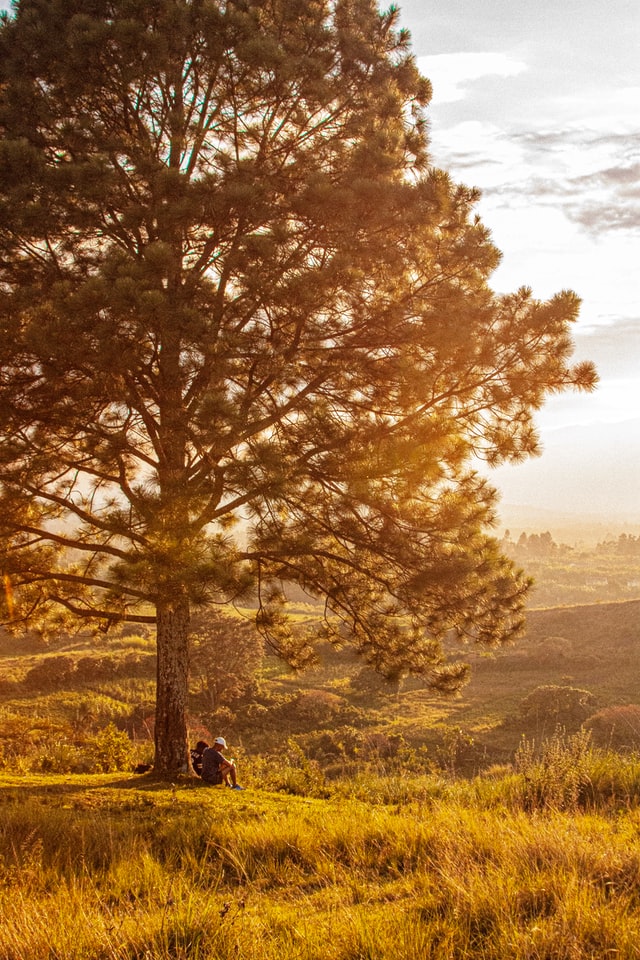
I’m very curious about your process of constructing each of the characters. Were they mere creations, or were each of them bits and pieces of people you had come across while you lived in Uganda and Germany?
In very early drafts, Sabine was closely based on a woman I knew in real life, but as the novel evolved, so did the character, until she became truly separate from her real-life inspiration.
Rose’s origins are more complicated to trace; she didn’t emerge from a single voice but from many voices, slowly, over time. She was actually a secondary character in the first version of the novel, and then became one of the two primary narrative perspectives in the version that became Atlas.
Many other characters–Christoph, Ocen, Lily, Rita, and others–are pure inventions. When deciding how to populate the novel, there was always this push and pull between what sort of character was needed to move the story forward, and then letting each character evolve organically, developing in sometimes surprising ways.
Touching on topics such as child soldiers and violence, some moments in the book are heavy. Was there any point in the research or writing of the book when you had to take some time to step away? How can writers separate their own emotions from the book, or, is it better not to? Were any of the scenes particularly hard to write?
During my research phase, I went through a period of intense nightmares about what I was reading and watching. It’s hard to imagine becoming immersed in these kinds of stories without it taking root in some way in your subconscious. At the same time, this empathy felt essential. The question of how much a writer should emotionally invest in the material seems to me to be a very personal one: just as there’s no single way to deal with difficult moments in our own lives, there’s no single way writers should cope with difficult subject matter. I do think it’s critical that writers practice self-care; the work must be sustainable, and patience and empathy for one’s self is often a necessary–yet overlooked–part of that process.
Something I loved about the book was the issues of privilege and the subtly suggested superiority complex (even if not intentionally) of being a Westerner in post-colonial Africa, and of course, the humanitarian sector. What made you grapple with those themes, and why was it important to weave it into the story?
I’m glad this theme resonated with you; these were certainly questions I struggled with from before I ever traveled to Africa, which were deepened and amplified during my time there. When we hear about human suffering, our instinct is to help, but what form does that help take? How do we know when our actions do more harm than good? How do we grapple with our complicity in the structural injustices and modern repercussions of colonial history and oppression, without becoming paralyzed by it? The novel is in some ways a manifestation of my grappling; but my purpose is explicitly not to answer these questions, but rather to expose them in a way that readers can, I hope, relate to and engage with.
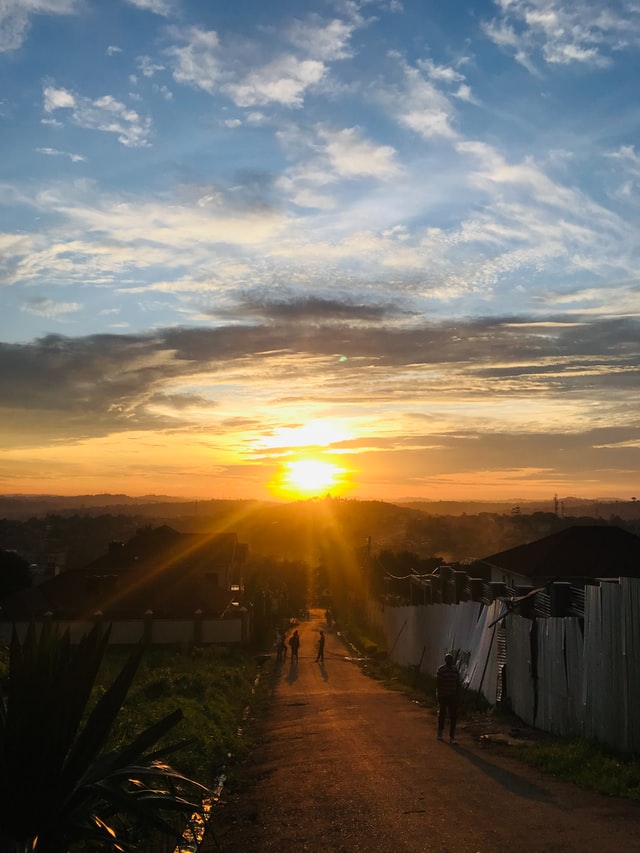
Atlas of Forgotten Places is so impactful. What are some of the takeaways you hope readers gain?
I think I have the same hopes as any novelist–that readers have been moved in some way by the journey they’ve taken, that the characters have come to exist beyond the pages of the book for this brief period, or for longer. It feels dangerous to write with a particular moral slant in mind–as if the novel is a fable that wraps up with a neat little lesson at the end. Rather, I hope I’m able to give readers a new set of questions to sit with, or a kernel of curiosity or compassion that they can put in their pocket and carry forward.
Would you share how the process of writing and publishing the book was for you? Was it what you had expected based on research and advice, or was it completely different? Do you have any advice for women writers about to embark on the same process?
For me, the writing process–the experience of sitting down with these pages, day after day after day–was about what I expected. That is: it required a steady, committed approach, even while I might be going through periods of creative exhilaration or deep, dark despair. This expectation wasn’t necessarily based on what others had told me it would be like, but rather the growing conviction that there’s no “right way” to write, only the way that serves you and the work–the way the work gets done.
The publishing process, on the other hand–it’s such a wildcard! I signed with the first agent I queried, but then it took another four years for the book to sell, for a variety of reasons–revisions, the market, competing works…. I’ve thought a lot about a lecture I heard once by a meteorologist, who explained that there’s no such thing as an “average year” in weather: what we call average is simply an average of extremes.
The “standard experience” of writing and publishing is kind of like that “average year”: it’s the cumulation of many experiences, each of which follows its own strange and winding path. Your path won’t look like anyone else’s–it’s yours and yours alone. Some people might find that frustrating, because we want to feel prepared and know what to expect. But I think it’s liberating, too. We’re exploring uncharted territory with every new creative project we embark on.
Your language is so vivid, so shockingly telling the words practically melt into the reader. Some of my favorite phrases were traffic described as “ungodly snarls of gridlock,” a surprising accent as “a surreal collapse of worlds.” I re-read the sentence: “She drove past quickly with her windows up, as if the menace of her memories might sneak in through the smallest of openings” over and over again, feeling the exact sensation the character must have felt. For aspiring authors and writers trying to add such imagery to their writing, what advice do you have?
It’s funny, I actually tried hard not to think about language while drafting the novel–what felt most urgent to me was to get inside the story, to feel what the characters were feeling. I wrote a lot of awful sentences! But I think it meant that when I went back to revise, I could be more exacting with my language and imagery since I knew the scene or the moment was firmly grounded in emotional truth.
What is your favorite part about being a writer?
I love the initial generative stage of a fiction project, when I give my imagination free rein to take me down any number of forking paths. That’s when I feel closest to the magic of writing. But I also love that moment deep into the actual writing of a novel, maybe three-quarters through when I know the characters as intimately as if they were in the room with me, and I feel that swell of momentum carrying me along like a current.
Might there be a sequel, or another book in the works? I know readers will want to read something of yours again as soon as they can!
You’re lovely to say so! I do have a few ideas simmering. Finding the time and space to work on them–especially doing the kind of unstructured, immersive work needed in the early stages–is challenging, as I’m trying to balance that with family and my full-time job. But I’m happiest when in the midst of a large creative project–I feel most like myself. So I certainly hope to incorporate it sustainably into my life again soon.
Photos for A Conversation with Jenny D. Williams, Author of ‘The Atlas of Forgotten Places’ by Unsplash.


